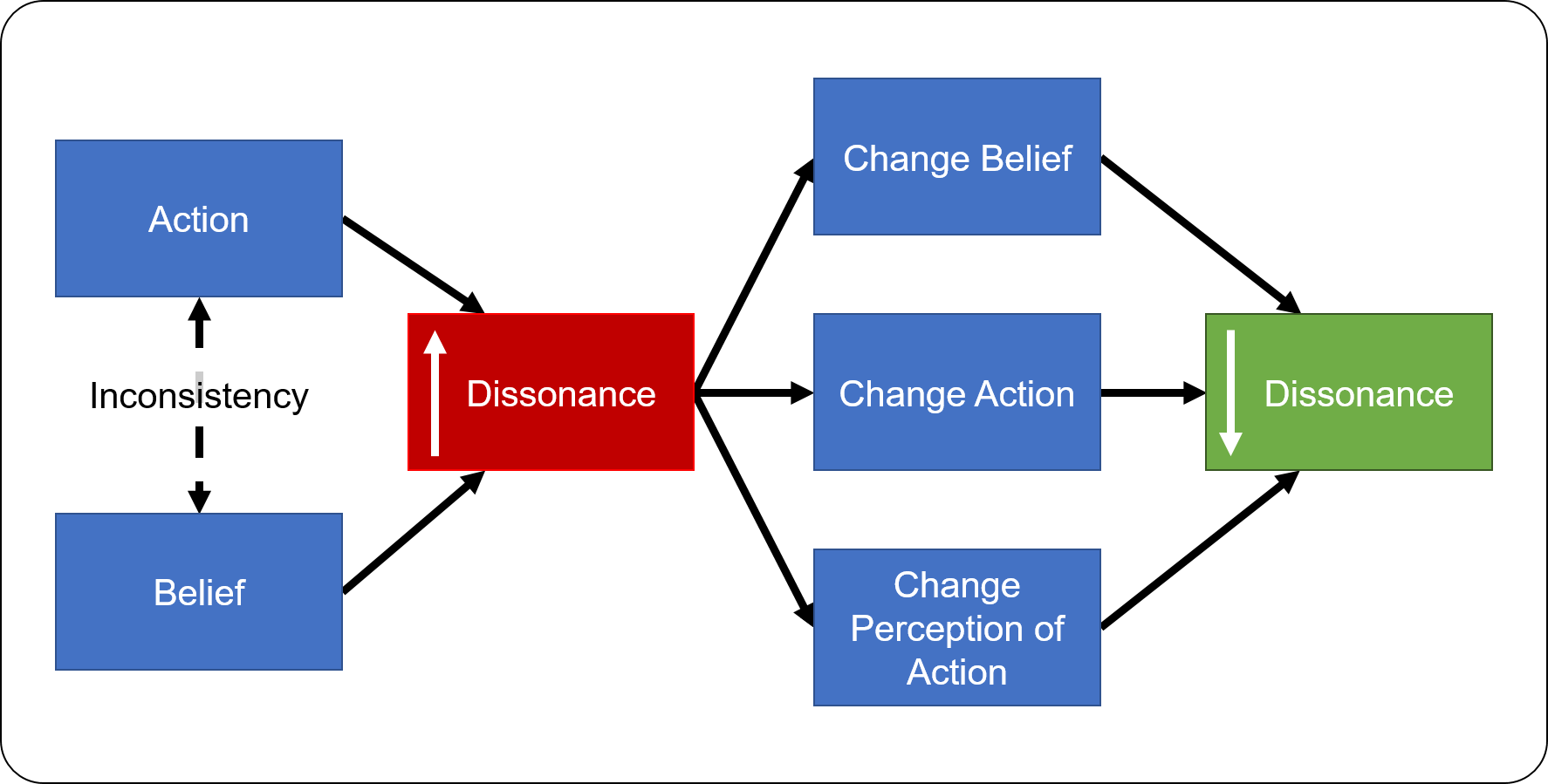 Before I get started, I understand politics can be a touchy subject, but I have no malicious intent and do not mean to offend anyone in any way shape, or form. By reading on, you understand that there might be a trigger warning, but the purpose of this article is solely for educational reasons.
Before I get started, I understand politics can be a touchy subject, but I have no malicious intent and do not mean to offend anyone in any way shape, or form. By reading on, you understand that there might be a trigger warning, but the purpose of this article is solely for educational reasons.
2020 was one heck of a year with no shortage of topics to talk about. Among these topics, there was also an election that divided the country into two pieces. One of the claims made by George Washington was that the two-party system was a bad idea. Until a couple of years ago, no one really took this seriously. Between Joe Biden and President Trump, our country has never been more divided, and for some reason, people feel the need to justify their decisions without anyone even asking them. They push for one side or the other with complete disregard for their own actions and or beliefs. The interesting part is when we take a step back from all political disagreements and watch the different sides completely go against their beliefs with their actions. When interviewed regarding said beliefs their actions act differently than what they claim to believe.
In chapter 16, In Chapter 16, Cognitive Dissonance Theory Author Leon Festinger describes cognitive dissonance as “The distressing mental state caused by inconsistency between a person’s two beliefs or a belief and an action”(194). This action of Cognitive Dissonance is one that we all have felt before. When I was a child I was taught that liars were bad people, then when I would tell a white lie I knew I was not a bad person but my action did not line up with my beliefs. In addition to today’s political outrage, we can see the majority of people practicing selective exposure, or “the tendency people have to avoid information that would create cognitive dissonance because it’s incompatible with their current beliefs”(196). This is seen in people’s social media when they only follow one side and disregard or do not follow people who disagree with them. Lastly, Festinger’s minimal justification hypothesis claims that “the best way to stimulate an attitude change in others is to offer just enough incentive to elicit counterattitudinal behavior” (198).
Cognitive dissonance happens to everyone whether we are aware of it or not. It does not have to be your own personal belief that your actions do not line up with in order to experience cognitive dissonance. When looking into politics people feel this dissonance when there are other opinions they do not agree with. Solely because of this feeling they go out of their way to avoid other’s opinions. This selective exposure has to lead us to a country where we are unable to come to a compromise and put the nation before our own personal views. With no one listening to one another, we see others go out of their way to make the other side look bad just because we do not want them to look good. There are some individuals out there who completely disregard the other side’s arguments, and this leads us nowhere besides the inability to adapt and come to a compromise. In addition to the vast amounts of selective exposure, we have in our country, people feel the need to justify the “wisdom of their choice to dismiss the other”. A study done at Harvard University by Sendhil Mullainathan claimed that “cognitive dissonance theory predicts that the act of voting for a candidate leads to a more favorable opinion of the candidate in the future.” Essentially, cognitive dissonance is inevitable, no matter what topic you choose or what discussion you make. But no matter how long we try to unify, we will always justify the decisions that we make and cognitive dissonance will always be around to haunt us. I can honestly say, we are a good country but we have failed. We have failed because we did not put the nation’s needs in front of ours but most importantly because our behaviors do not match our attitudes.